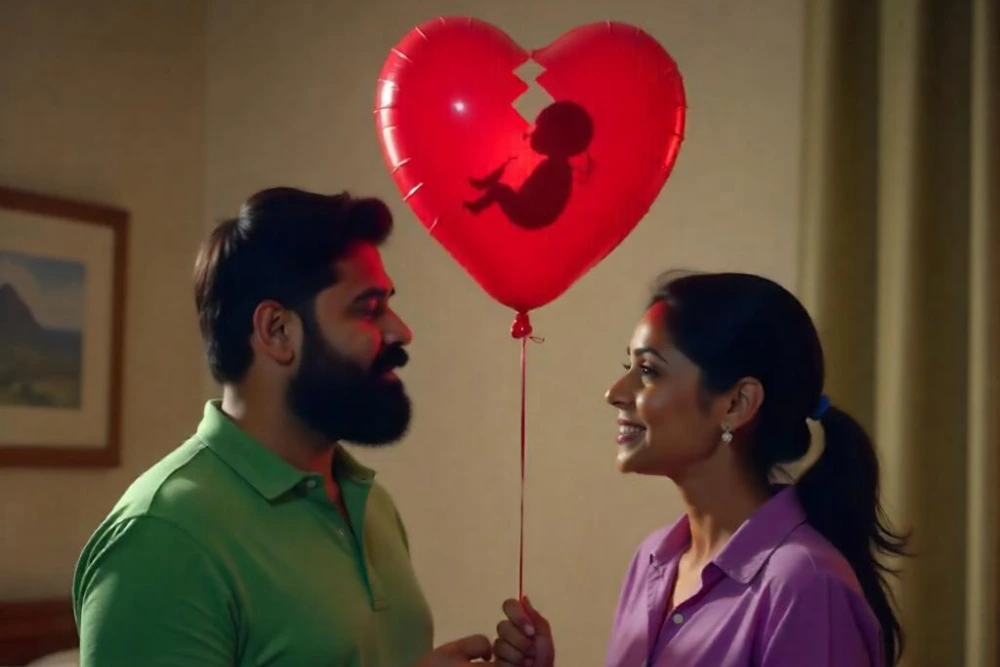
Trying After Miscarriage: Physically and Emotionally What to Expect
Miscarriage is a term that's whispered. However, it is a part of many couples' fertility processes. Statistically speaking, as many as 1 in 4 pregnancies can be lost to miscarriage, but in reality, the number may be larger because so many losses happen before a woman ever realises she's pregnant. Despite the silence with which miscarriage is often regarded, the fact remains that it affects more people than we'd ever imagine. When it is time to attempt again, couples find themselves left to deal with not only their physical healing, but the emotional landscape as well.
Understanding What Happens Physically
From a medical point of view, a miscarriage is the spontaneous loss of a pregnancy before 20 weeks. The overwhelming majority (around 80%) happen during the first three months, before 12 weeks. There are numerous reasons for this, but not necessarily ones that can be identified. According to studies, some 70% of miscarriages result from chromosomal defects in the embryo, something that completely lies outside one's ability to control.
Physically, the body usually starts to heal shortly after a miscarriage. Bleeding can take anywhere from a few days to a couple of weeks, depending on the gestation of the pregnancy. Ovulation usually returns within 2 to 4 weeks, and a regular menstrual cycle follows. However, the hormonal reset is not the same for all women.
When it comes to attempting again, recommendations differ. WHO suggests waiting for a minimum of six months before trying another pregnancy. But more recent research indicates that waiting 1-3 cycles could be safe and perhaps even better for most women, especially if the miscarriage was early and there are no associated health complications. As with most medical advice, the optimal course is tailored based on physical recovery, mental health, and medical assessment.
Emotional Readiness: There Is No Fixed Timeline
Our body recovers from what it goes through. What the mind goes through, it remembers. For most women, the aftermath of miscarriage is characterised by a subtle but lingering sorrow, sometimes with anxiety, guilt, or even post-traumatic stress. Research shows that women who have experienced miscarriage are at higher risk for depression and PTSD, particularly if the loss was unforeseen or not openly discussed.
Trying to get pregnant again is not a matter of "when," but "how." How do you approach the calendar, the test strips, or the silent spaces between appointments? There is no one-size-fits-all guide to healing. Some couples are ready in weeks; others will take months. And both timeframes are acceptable.
Notably, partners can deal with grief differently. Couples need open communication and, if necessary, professional guidance to get back in sync emotionally before proceeding further. Miscarriage fertility is not merely a biological process; it is also an emotional one.
What About Risk of Recurrence?
Naturally, a common first question following a loss is: Is this going to happen again? The statistics are both comforting and enlightening. Following a single miscarriage, the chances of recurrence are 20%. With two, 28%, and three, the risk may be as much as 43%. Still, even following several losses, some women are eventually able to have healthy pregnancies.
Recurrent miscarriage, which is three or more consecutive losses, affects approximately 1 in 100 women. Additional investigations are advised in these instances, such as hormonal profiling, genetic testing, and uterine scans to detect treatable causes.
It is essential to realise that one miscarriage, while heartbreaking, does not determine your fertility future. It is usually an isolated incident that does not affect your ability to carry a healthy pregnancy.
Moving On: An Individual Journey, Not a Protocol
There is no formulaic response to the query: When may I attempt again following a miscarriage? The honest answer is found in a mixture of physical readiness, emotional stability, and clinical advice. A few women find assistance in support groups or mental health therapy. Others heal simply by moving on, quietly and with determination.
If you’re considering pregnancy after a miscarriage, speak with a trusted fertility specialist. A tailored plan based on your health, history, and hopes can make the path forward clearer, safer, and more compassionate.
Trying again after a loss isn’t about forgetting; it’s about beginning again, with knowledge, care, and courage.

